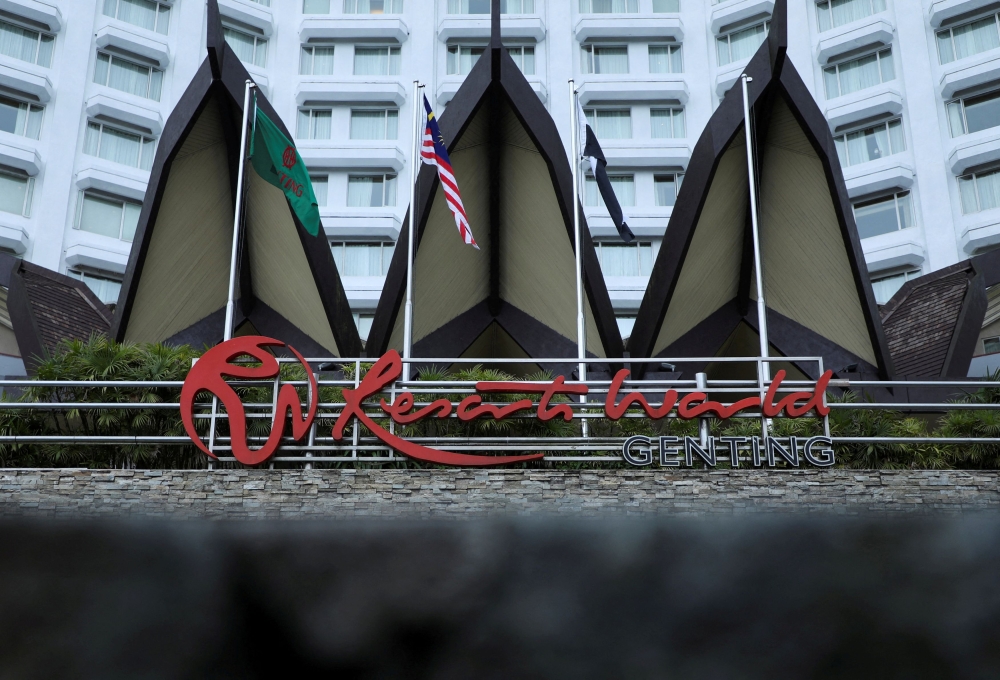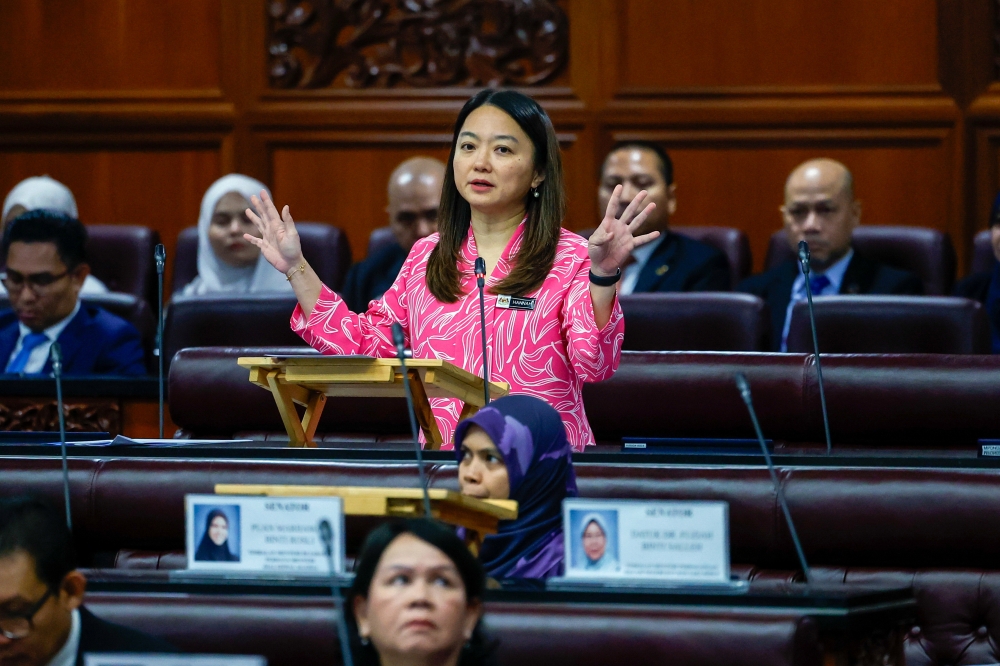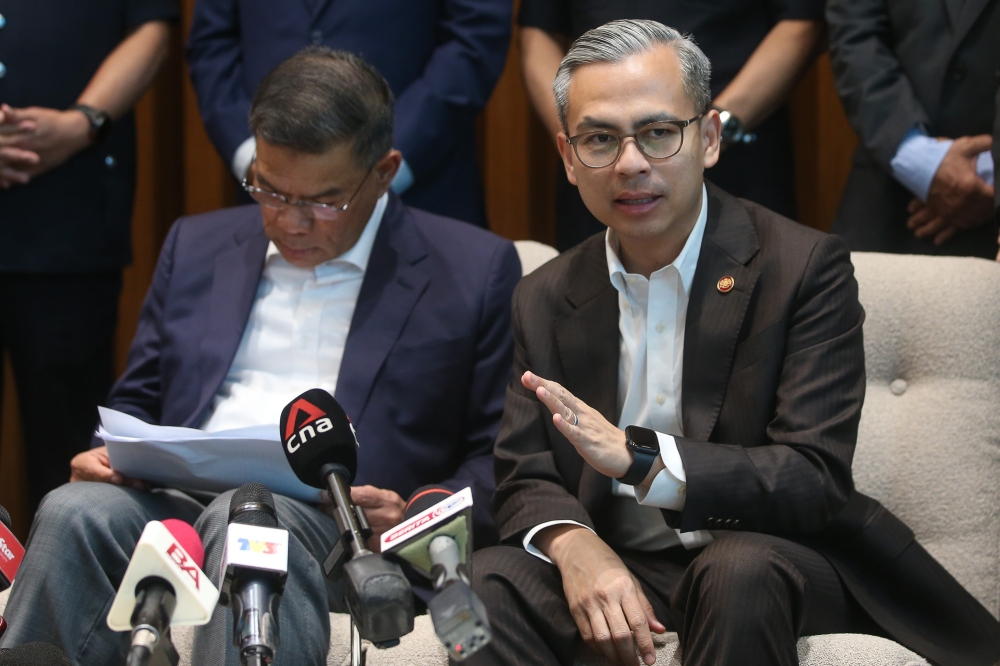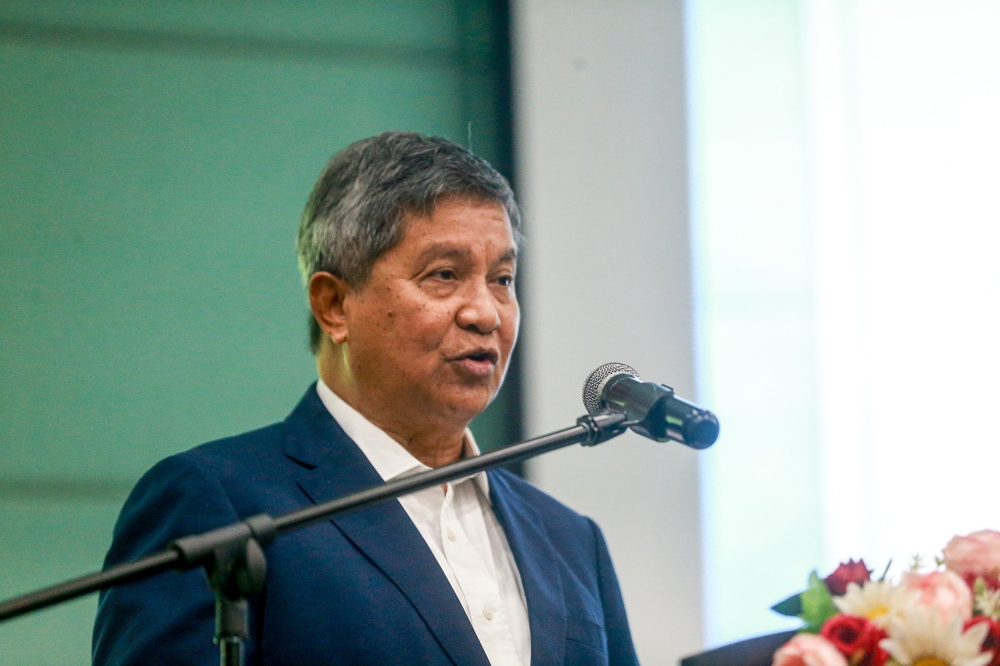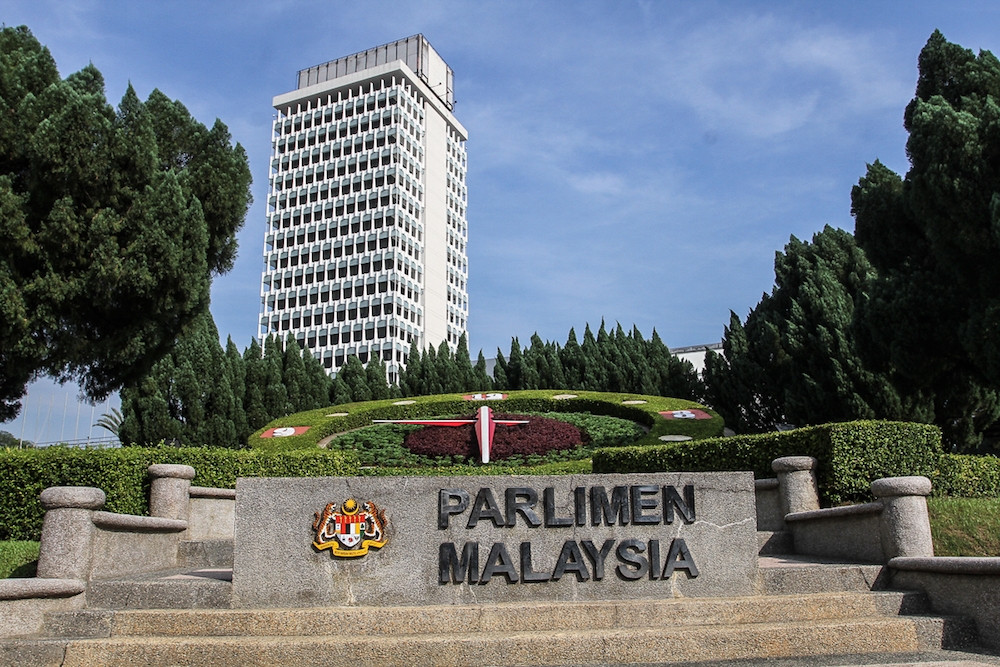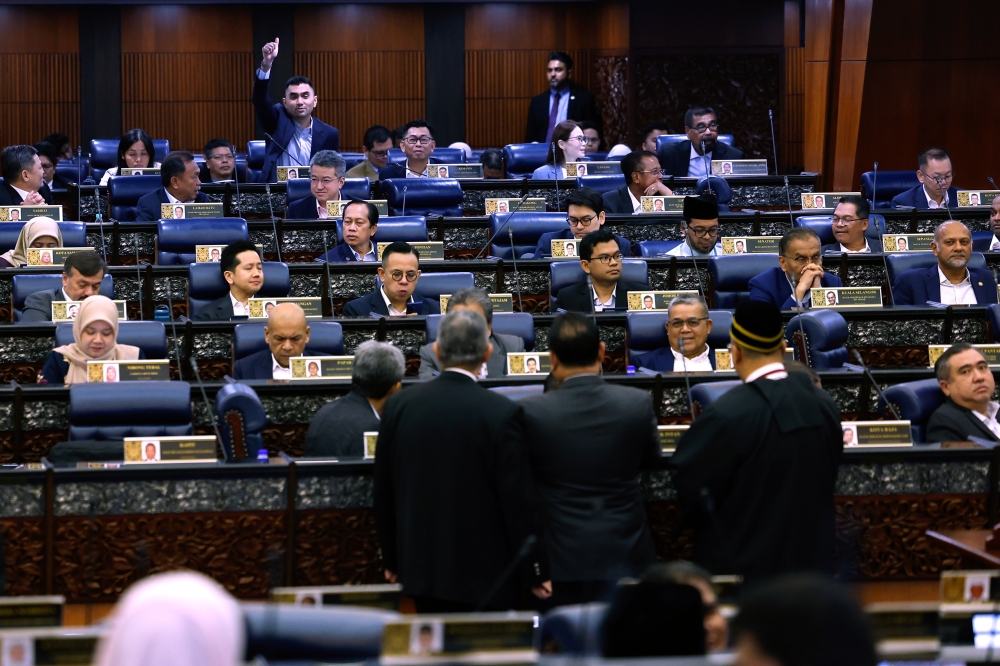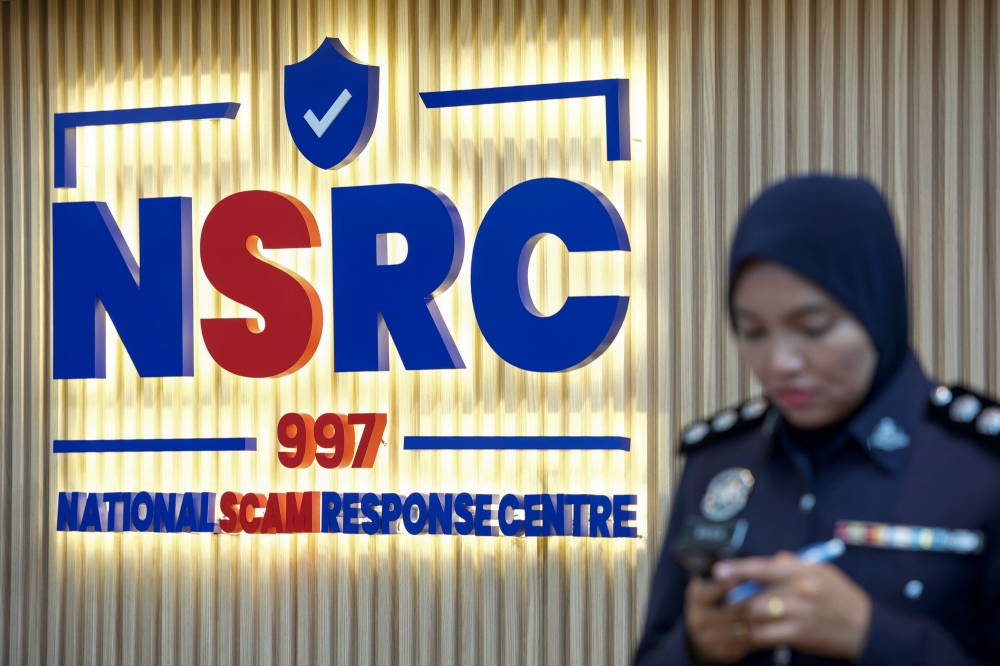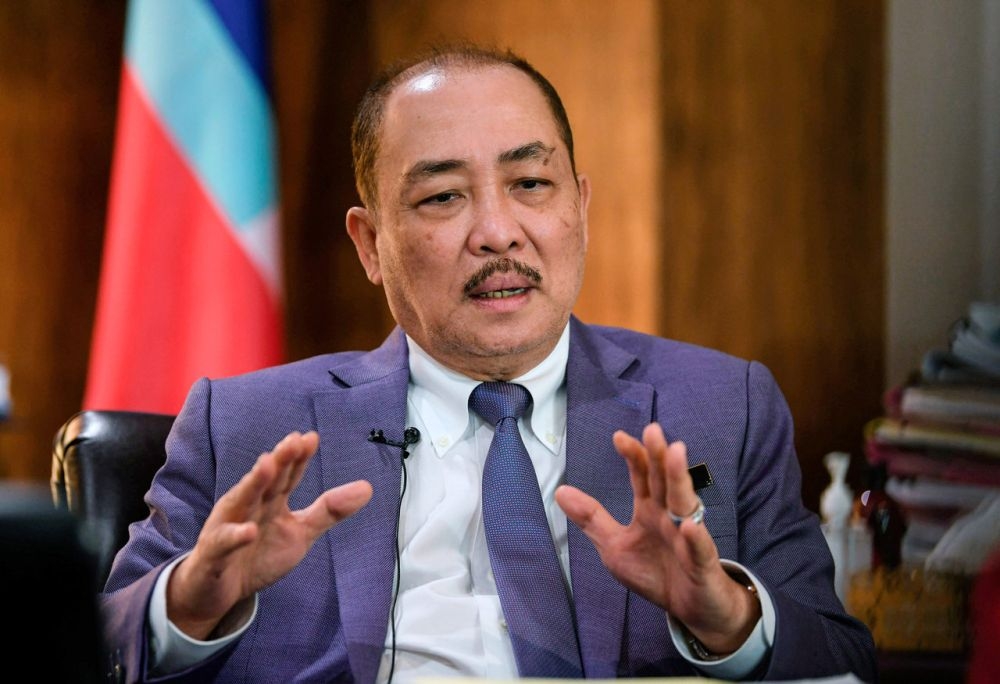KUALA LUMPUR, Dec 10 — In order to help ensure commercial organisations in any industry employ fundamental measures in minimising the risk of corruption, Prime Minister Tun Dr Mahathir Mohamad today launched guidelines on this today.
They come under the Adequate Procedures Pursuant to Sub-section (5) of Section 17A of the Malaysian Anti Corruption Commission (MACC) Act 2009.
Dr Mahathir said the guidelines have been drafted to assist commercial organisations in understanding what were the "adequate procedures" to be implemented to prevent the occurrence of corrupt practices.
"The enforcement of Section 17A will be effective 1st June 2020. Hopefully, commercial organisations will have ample time to prepare themselves with the new obligation, which without doubt will bring manifold benefits to businesses’ bottom line," he said.
He said this when closing the seminar “Anti-Corruption Champions : Sharing Session With Winners of the Sheikh Tamim Bin Hamad Al Thani International Anti-Corruption Excellence Award 2018", here.
Also present were Deputy Prime Minister Datuk Seri Dr Wan Azizah Wan Ismail, Malaysian Anti-Corruption Commission (MACC) chief commissioner Datuk Seri Mohd Shukri Abdull and Governance, Integrity and Anti-Corruption Centre (GIACC) Director-General Tan Sri Abu Kassim Mohamed.
Meanwhile, Dr Mahathir urged all parties to fight corruption with determination and ‘without fear or favour’.
“Because corruption is corruption, no matter who commits it,” he said, adding that the rule of law was crucial in combating corruption and it was only when everyone abides by the law that corruption can be reduced.
“Society at large must understand that corruption is a crime and a deterrent to nation building.
“When someone is regarded as being above the law, then corruption will ensue,” he said.
Dr Mahathir stressed that one of the initiatives undertaken by the government to fight corruption in the private sector is ensuring that corrupt activities were monitored and curbed.
“...and that good governance is customary, it is the formation of Integrity and Governance Units that will be placed under the supervision of the companies’ respective Board of Directors,” he said.
He said apart from the implementation of the ISO 370001 Anti-Bribery Management System, companies and organisations were encouraged to run a Corruption Risk Management (CRM) exercise.
“CRM is a management process that helps organisations to identify the risk of corruption, abuse of power and embezzlement,” he said.
He added another anti-corruption initiative in the pipeline is the National Anti-Corruption Plan which is scheduled to be launched in January 2019.
It is a five-year plan that aims to clearly set out practical targets and initiatives to tackle corruption domestically from 2019 to 2023. — Bernama

